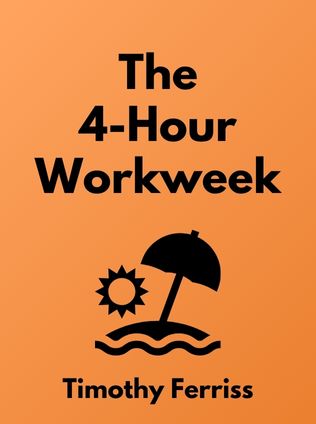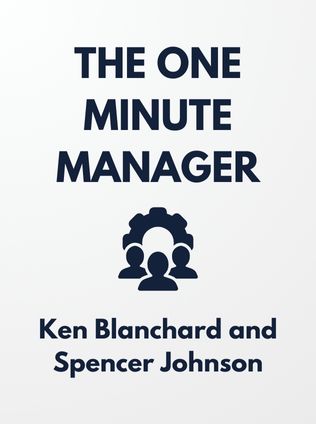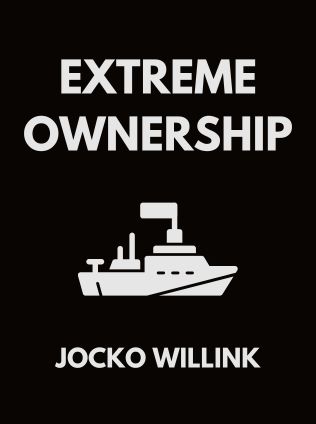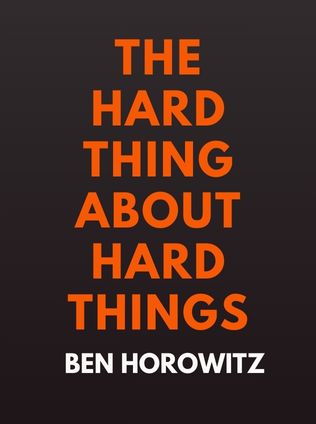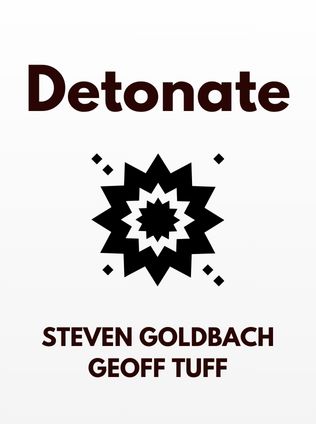
Detonate
Why - and How - Corporations Must Blow Up Best Practices (and Bring a Beginner's Mind) to Survive
By Steven Goldbach, Geoff Tuff
Published 05/2018
About the Authors
Geoff Tuff and Steven Goldbach are seasoned leaders at Deloitte, each with a wealth of experience in guiding corporations through the turbulent waters of innovation and strategy. Tuff, a principal at Deloitte, specializes in innovation and applied design practices, helping clients reimagine their business models to achieve competitive advantages. Goldbach, also a principal and the firm's Chief Strategy Officer, is known for his expertise in making challenging and pragmatic strategic decisions in uncertain environments.
Main Idea
The central premise of Detonate is that conventional "best practices" in corporate settings have become outdated and counterproductive. Tuff and Goldbach argue that these practices, while once beneficial, now often hinder innovation and waste resources. The book advocates for a radical shift in mindset, urging leaders to adopt a "beginner's mind" approach to challenge entrenched norms and stimulate meaningful change.
Table of Contents
- Light the Fuse
- Tinderbox
- Hazardous Unwritten Rules
- Spark
- Blow Up Your Playbooks
- Dismantle Your P&L
- Trash the Calendar
- Defy Expertise
- Upend Insight
- Lose Control
- Stomp Out Platitudes
- Embrace Impermanence
- Management Traps
- Where to Start
- Implications for Leadership
Light the Fuse
The first section of the book sets the stage for why it's essential to "detonate" traditional best practices. Tuff and Goldbach highlight the pervasive nature of conventional wisdom, which often goes unquestioned within organizations. They describe these unwritten rules as a "tinderbox" that needs to be ignited for change to occur.
Hazardous Unwritten Rules: Conventional wisdom often becomes so ingrained that it dictates decisions without people understanding why they are made. As the authors note, "When you hear someone say, 'This is what we've always done,' you know that you're dealing with conventional wisdom." This automatic choice is seen as safe but often stifles creativity and progress.
"Organizations spend countless hours debating how (not whether) they should implement best practices, and they then convince themselves that they can somehow win with their customers because they will have implemented all of them." - Geoff Tuff and Steven Goldbach
Spark: To disrupt these ingrained practices, Tuff and Goldbach advocate for a "spark" of change—small, minimally viable experiments that challenge the status quo. By questioning existing orthodoxies and testing new approaches on a small scale, organizations can build the confidence to scale these changes.
The acceleration of the vicious cycle is discussed, highlighting how traditional methods are no longer sufficient in the face of rapid technological advancements. The authors use the example of Uber disrupting the taxi industry to emphasize the urgency of adopting new practices before being overtaken by more agile competitors.
Sign up for FREE and get access to 1,400+ books summaries.
You May Also Like
The Lean Startup
How Today's Entrepreneurs Use Continuous Innovation to Create Radically Successful Businesses
By Eric RiesWho Moved My Cheese?
An Amazing Way to Deal with Change in Your Work and in Your Life
By Spencer Johnson, M.D.Make Your Bed
Little Things That Can Change Your Life...And Maybe the World
By William H. McRavenThe Ride of a Lifetime
Lessons Learned from 15 Years as CEO of the Walt Disney Company
By Robert IgerThe Hard Thing About Hard Things
Building a Business When There Are No Easy Answers
By Ben Horowitz







